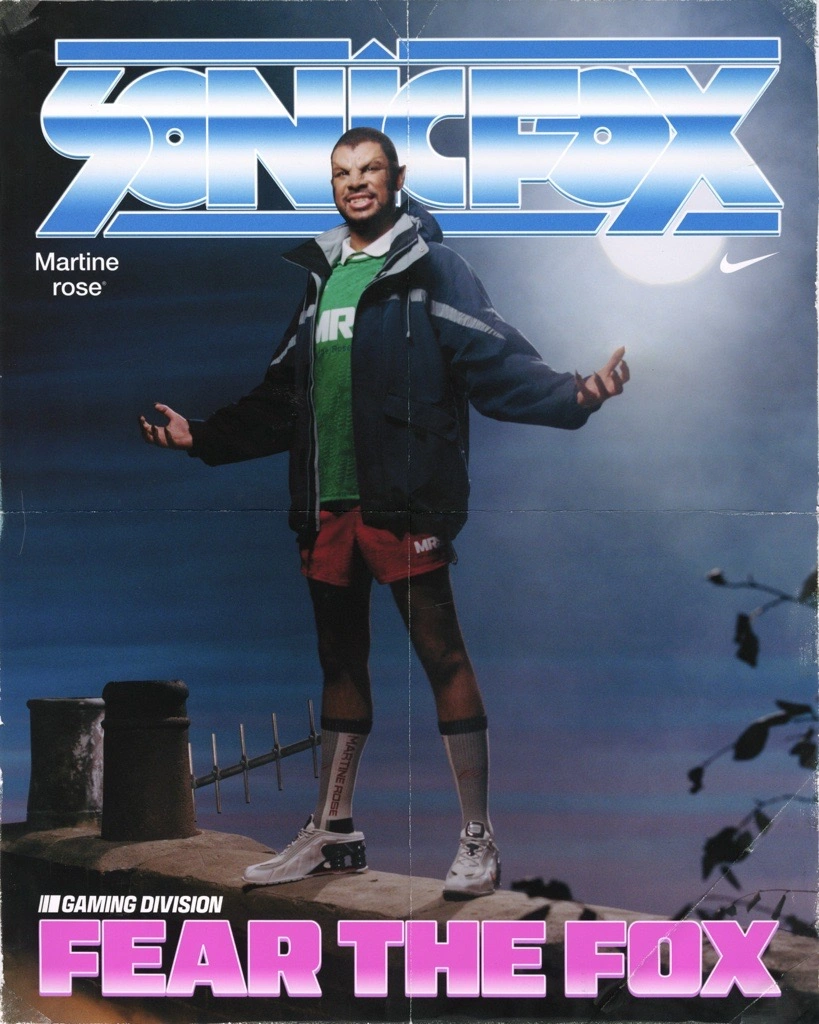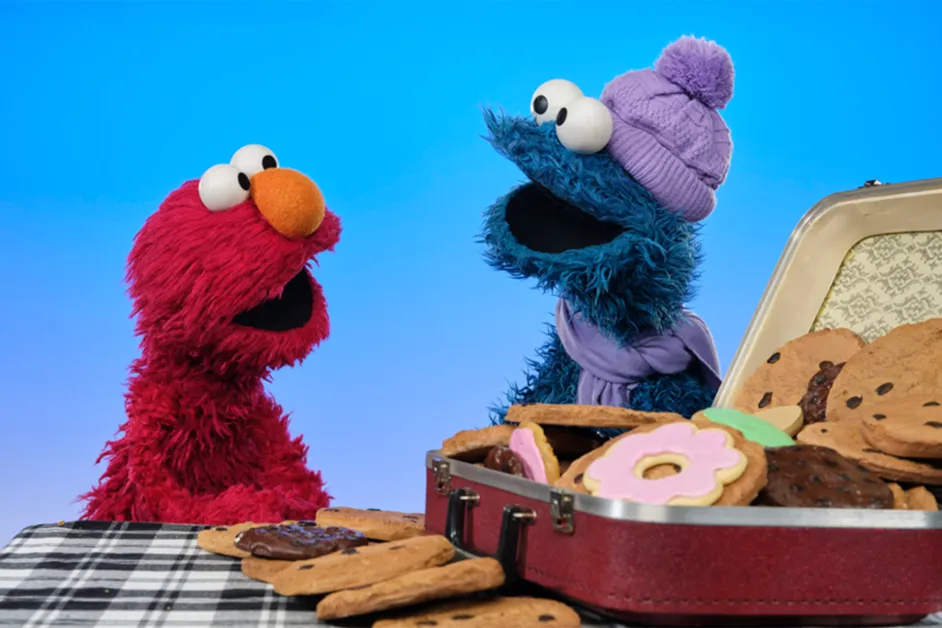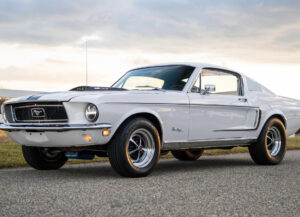Once considered a cautionary tale in tech-meets-entertainment disruption, MoviePass is back—sort of—and its return isn’t through $10 unlimited movie tickets but through a venture even more surreal: a fantasy film stock market. Introducing Mogul, a new blockchain-based app that fuses Hollywood speculation with the mechanics of daily fantasy sports. If that sounds like something dreamed up in a scriptwriting workshop after four espresso shots and a crypto webinar, you’re not far off.
Yet it exists. And 400,000 people have already signed up for its waitlist. In classic MoviePass fashion, Mogul arrives with flair, absurdity, and a shot of idealism—all wrapped in the glittery delusion that made its predecessor both magnetic and combustible. But beneath the fanfare is something worth watching: a startup’s attempt to monetize fandom, prediction culture, and gamified entertainment at a time when traditional filmgoing is undergoing radical change.
FROM PASSES TO PREDICTIONS: A NEW MOVIEPASS MANIFESTO
To understand Mogul, it helps to revisit MoviePass. Launched in 2011, the service allowed users to see a movie per day for a flat monthly fee. Its most infamous pricing model, introduced in 2017, dropped the cost to just $10 a month—less than the price of a single ticket in most cities. It was unsustainable by design, burning through investor cash at warp speed in pursuit of growth, while theaters quietly rooted for its demise. By 2019, the company had filed for bankruptcy, its dream of “Netflix for movie theaters” turned to cinematic rubble.
But the story didn’t end there. In 2021, entrepreneur and original co-founder Stacy Spikes bought back the company out of bankruptcy, promising a more sustainable version. And now, in 2025, we find ourselves here: not with a new version of MoviePass proper, but with Mogul—a pivot so drastic it borders on self-parody. Except the timing, ironically, might just be right.
WHAT IS MOGUL?
Mogul is essentially the DraftKings of film. It allows users to wager virtual currency on outcomes in the entertainment industry: which films will top the box office, who will win Oscars, whether an actor’s latest project will score above 80% on Rotten Tomatoes. Users create fantasy “portfolios” composed of films, actors, or directors. When their picks “perform”—financially or critically—they rise in value.
For now, it’s free-to-play, and users win points and digital memorabilia, not cash. But it’s clear that MoviePass envisions a real-money future, likely tied to blockchain transactions, NFT-based collectibles, and a deeper financialization of fan participation. The app’s architecture appears to be built on a decentralized ledger, though specifics remain scarce. Users will eventually be able to trade digital assets, and perhaps even wager crypto—turning the entertainment industry into an abstract speculative economy.
THE GAMIFICATION OF HOLLYWOOD
Mogul taps into an undercurrent that’s been growing for years: the transformation of pop culture from passive consumption into active competition. Sports betting, fantasy leagues, stock trading apps like Robinhood—all have changed the way younger audiences relate to information and entertainment. In this context, Mogul isn’t an outlier; it’s a natural (if slightly chaotic) progression.
Hollywood has always been obsessed with prediction: box office projections, awards forecasting, review aggregations, and opening-weekend hysteria. Mogul simply packages those instincts into a user-facing format. Instead of pundits speculating on Variety or Reddit, now anyone can play.
It’s also emblematic of a broader trend in media: the gamification of culture. Just as Letterboxd made film reviews into social media and Spotify Wrapped made listening into an event, Mogul tries to turn taste into a game—with winners, scores, and stakes. In a world where audiences increasingly want to participate in the narratives they consume, Mogul proposes: why not let them bet on them too?
BLOCKCHAIN BUZZWORDS AND TOKENIZED CINEMA
Of course, the crypto angle is impossible to ignore. Mogul runs on a vaguely defined blockchain system, with potential to include NFTs, tokenized rewards, and a ledger of “ownership” over predictions or content support. If that sounds dystopian to film purists, it might be. But it’s also a logical extension of where some parts of digital fandom are headed.
NFTs have already made inroads into entertainment. From collectible “moments” sold by studios to fractionalized ownership of indie films, the industry has toyed with blockchain’s promise. Mogul could accelerate this—offering early backers of a film project rewards if their picks do well, or allowing users to “own” an early belief in a sleeper hit.
But there’s risk in crypto-chaining an experience already built on volatility. Hollywood, like any speculative market, is unpredictable. But adding layers of digital scarcity and economic consequence could alienate mainstream users or attract the kind of speculative behavior that plagued Web3’s first wave. Still, if the interface remains playful—and not financialized too aggressively—Mogul may find its sweet spot between novelty and utility.
A DIGITAL PLAYGROUND FOR FILM NERDS?
For now, Mogul doesn’t require users to spend real money, and that’s part of its charm. It functions more like a trivia game meets fantasy league for the cinephile set. Think of it as a competition between your Oscar-obsessed friend, the indie film nerd, and the Marvel stan. In that sense, it democratizes cine-literacy. No longer the domain of critics and analysts, the box office becomes a public gameboard.
If the app leans further into community—leaderboards, film club-style factions, interactive predictions—it could cultivate a rich ecosystem. Already, over 400,000 people are on the waitlist, a number that mirrors MoviePass’ most viral early growth. These early adopters aren’t just numbers—they’re film junkies, podcast listeners, Substack readers, and Reddit commenters. Mogul’s appeal lies in giving these cultural obsessives a way to prove they know movies, not just love them.
FROM CYNICISM TO POSSIBILITY
Skepticism is warranted. After all, this is MoviePass, the same brand that once disabled accounts to limit losses, misled customers, and ignited regulatory investigations. Its reputation is still damaged, and relaunching under the same banner carries baggage.
But there’s something refreshingly earnest—if eccentric—about the Mogul concept. It feels less like a cynical cash grab and more like a side quest from the company’s original quest to “change how people experience film.” This time, the focus isn’t distribution or access, but participation and anticipation.
And frankly, Mogul fits the mood. Post-pandemic, with streaming dominance waning and cinema searching for relevance, there’s a desire for reconnection. People want to talk about movies again—not just watch them. They want to compare, analyze, predict, and brag. Mogul makes that not only possible but addictive.
IMPLICATIONS FOR THE INDUSTRY
If Mogul scales, it could have peculiar implications. Studios may begin to court prediction-savvy users with more transparency—early trailers, data leaks, or even partnerships. Smaller films could benefit from pre-release buzz if they become high-value “bets.” And awards season may become a meta-game of expectation management, not just lobbying.
More ominously, if real money gets involved, it opens questions about ethics, market manipulation, and addiction. Will influencers sway betting markets? Will insider knowledge compromise fairness? If Mogul’s ambitions include real-time, real-money wagers, then regulators are not far behind.
Still, even in its early form, the app offers a prototype of what cultural consumption might look like when we mix fandom, finance, and fun.
CLOSING CREDITS: A NEW ROLE FOR VIEWERS
Ultimately, Mogul is a reminder that audiences don’t just want to watch—they want to participate. Whether that means voting in fan polls, predicting opening weekend earnings, or building fantasy teams of auteurs and A-listers, the passive viewer is giving way to the active cultural player.
As streaming fatigue sets in and algorithms flatten choice, Mogul provides a rare sense of agency. It revives an older model of moviegoing—the excitement of release calendars, the thrill of guessing what would flop or fly—but updates it for a gamified digital age.
So yes, W.E. Hickson never said anything about blockchain movie apps. But if at first you don’t succeed, and then don’t succeed again, perhaps the best thing you can do is try something no one saw coming. In that spirit, Mogul isn’t just MoviePass’s redemption arc—it’s a strange, brilliant, possibly doomed second act. And that makes it worth watching.
No comments yet.








